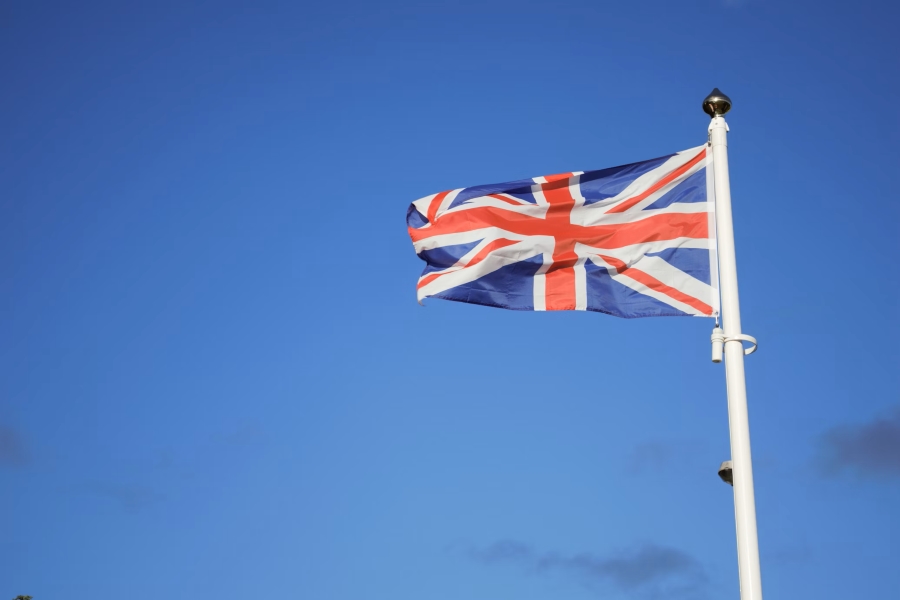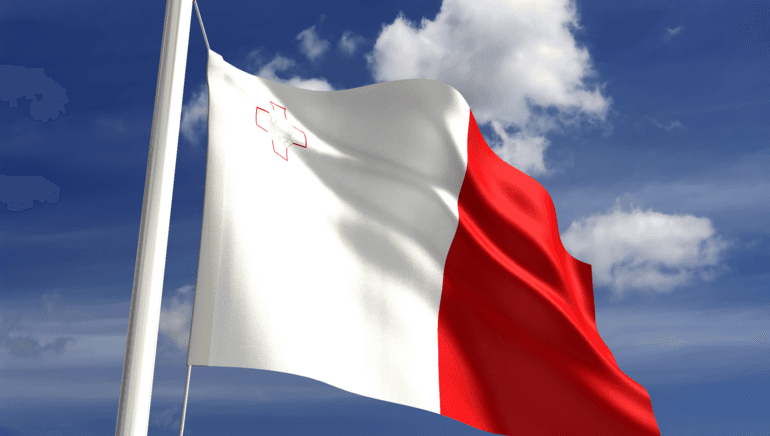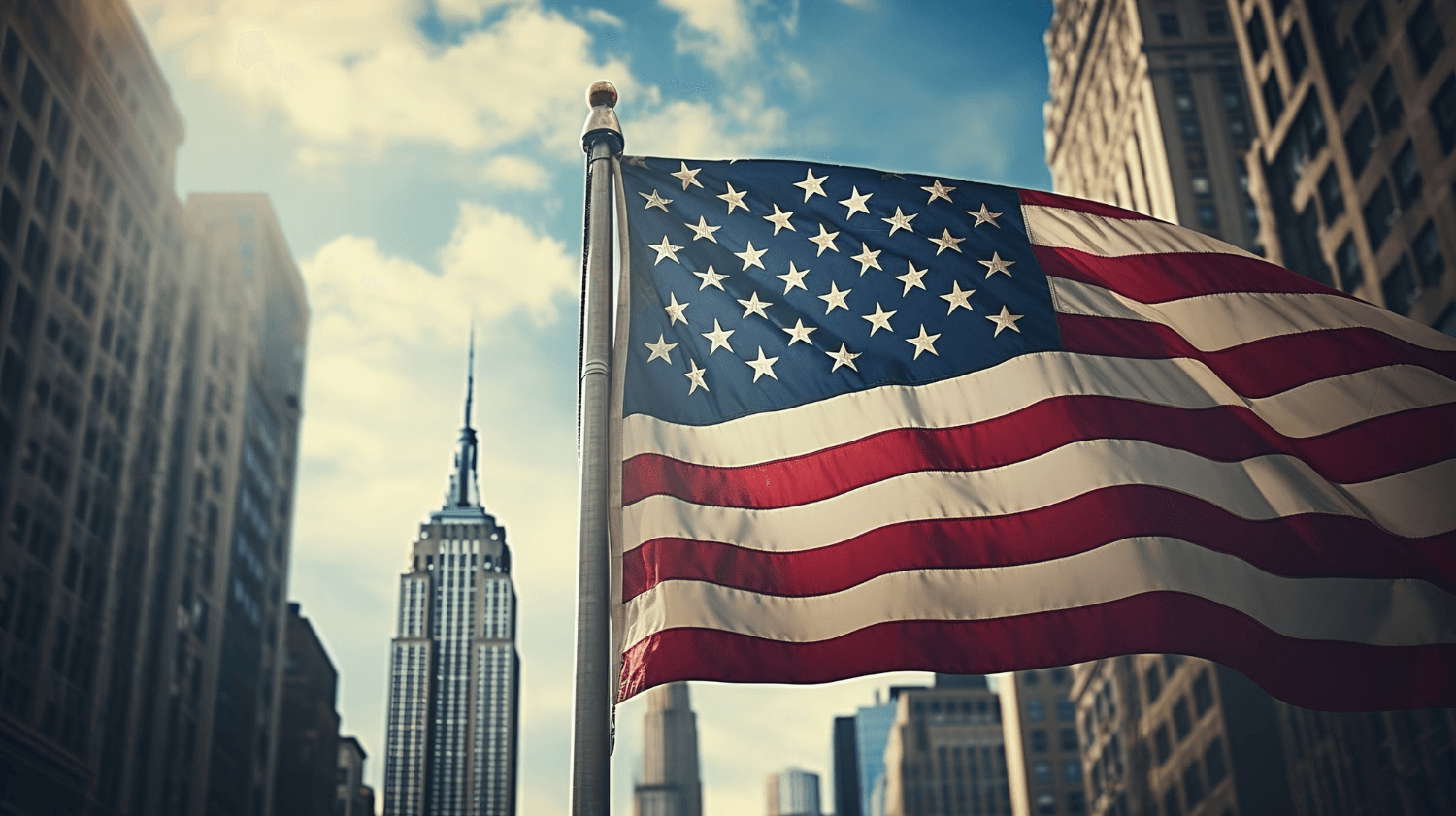Nevada Senator Catherine Cortez Masto (D) and Mississippi Senator Cindy Hyde-Smith (R) introduced the Withdrawing Arduous Gaming Excise Rates Act on Wednesday to the United States Senate, a bipartisan piece of legislation that seeks to repeal the 0.25% federal excise tax on sports betting handle.
The WAGER Act is a corresponding bill to a bipartisan one in the U.S. House of Representatives authored by Nevada Rep. Dina Titus (D) and Pennsylvania Rep. Guy Reschenthaler (R) that was submitted last year. Both bills have the backing of the American Gaming Association.
“The federal sports betting excise tax was enacted more than 70 years ago as a tool to prosecute illegal sports betting operators,” AGA President and CEO Bill Miller said in a statement Wednesday. “(W)ith sports betting legal in 38 states and Washington, D.C., this antiquated tax puts legal operators at a competitive disadvantage and rewards illegal offshore bookmakers that pay no federal or state taxes, offer no responsible gaming tools, and have no systems in place to prevent underage customers from using their platforms.
“The AGA is grateful to Senators Cortez Masto and Hyde-Smith for their commitment to providing a safe, responsible sports betting market and to continuing to help migrate bettors out of the illegal market, which is bereft of consumer protections and a haven for bad actors and tax evaders. The AGA will continue to work with policymakers to enact legislation to address this harmful tax.”
The handle tax was established in 1951 as a means of curbing illegal betting, and the Internal Revenue code imposes it on all legal sports wagers. There is also a $50 annual “head” tax per employee for legal sports businesses that would be repealed if both bills are able to navigate passage through their respective chambers.
1 NEW YORK $11.03B
2 NEW JERSEY $6.76B
3 Illinois $5.74B
4 OHIO $4.11B
5 PENN. $4.03B
6 NEVADA $3.85B
7 MASS. $3.55B
8 Arizona $3.33B
9 COLORADO $3.03B
10 Virginia $2.9B#SportsBettingX #GamblingX
— Chris Altruda (@AlTruda73) August 1, 2024
Nevada and Mississippi are arguably the two states most reliant on retail sports betting. The Silver State still requires in-person registration for a bettor to gain access to sports betting apps, a nod to Nevada’s casino gaming industry centered in Las Vegas. There are approximately 180 locations where sports wagers are accepted.
“Nevada is home to multiple championship-level sports teams, and we know better than anyone that responsible, legal sports betting can be a great revenue source for our local economy,” said Senator Cortez Masto. “My bipartisan legislation will ensure our sports gaming industry can provide essential tax relief to consumers and our sports gaming industry, creating more jobs and keeping our tax money in the state while cracking down on illegal activities.”
Nevada’s brick-and-mortar sportsbooks have accounted for more than 35% of its $2.49 billion handle this year, including $167.1 million in June, according to the most recent monthly release from the Nevada Gaming Control Board.
Mississippi, which was also one of the earliest states to adopt sports betting (August 2018) shortly after the U.S. Supreme Court’s ruled PASPA was unconstitutional, only allows mobile betting on-site for casino licensees that offer sports wagering. The Magnolia State attempted to expand mobile betting in the spring, but House Bill 774 stalled in committee after being amended in the Senate.
“Mississippi has a strong tourism industry thanks, in part, to our beautiful casinos and resorts that make valuable contributions to local communities. They could do more if not for this outdated federal excise tax on sports betting that only benefits illegal offshore operations, which provide zero jobs or tax revenue,” said Senator Hyde-Smith said. “By repealing this tax, our bipartisan WAGER Act will level the playing field, boost local economies, and ensure that gaming revenues stay here, supporting jobs and community investments.”
The handle tax amounted to $20.6 million in Nevada based on its $8.26 billion handle in 2023, while the levy totaled close to $1.2 million in Mississippi based on its $474.3 million worth of accepted wagers. The impact of the federal excise tax on the Silver State is more pronounced in some respects: The $20.6 million tax exceeded monthly operator sports betting revenue on two occasions last year.
— Dina Titus (@repdinatitus) July 31, 2024
Titus, who has long sought to repeal the federal excise tax, first submitted such a bill in 2014, when Nevada was the only state with legal commercial sports betting. She also came out in opposition to the GRIT Act, which was introduced in the Senate earlier this year and would have earmarked 50% of the federal excise tax to address to problem and boost responsible gambling initiatives.
“Now that we have legislation to repeal the handle tax in both houses, I am hopeful that we can finally end this unfair tax which penalizes legal gaming operators and punishes sportsbooks for creating jobs. This is an outdated tax that serves no purpose other than to discourage the growth of legitimate sportsbooks in Nevada and elsewhere. Even the IRS couldn’t fully explain where the revenue from this tax goes.”



 2024-08-01
2024-08-01















